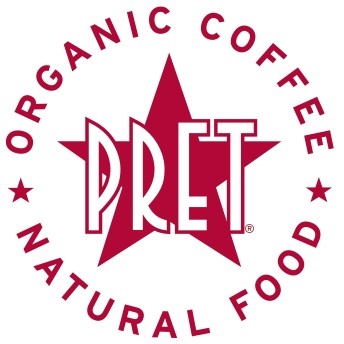Sandwich chain Pret A Manger has come under fire recently following the deaths of two customers who suffered allergic reactions to products purchased from their stores. Fifteen year-old Natasha Ednan-Laperouse collapsed on board a flight to France in July of 2016 and subsequently died after eating an artichoke, olive and tapenade baguette that she had bought at a Pret outlet within Heathrow Airport. She died as a result of anaphylaxis after eating the sandwich, which contained sesame.
 Shortly after the media frenzy, further reports then emerged in relation to another customer, Celia Marsh, who also died in December 2017 after eating a sandwich from Pret. These harrowing events highlight that something is going wrong and it is surely time that lessons were learned by dramatically reforming the law that governs our food industry, in order to ensure that no more lives are lost as a result of poor labelling.
Shortly after the media frenzy, further reports then emerged in relation to another customer, Celia Marsh, who also died in December 2017 after eating a sandwich from Pret. These harrowing events highlight that something is going wrong and it is surely time that lessons were learned by dramatically reforming the law that governs our food industry, in order to ensure that no more lives are lost as a result of poor labelling.
In the UK, there is an average of ten food allergy deaths per year, and 4,500 hospital admissions per year. Children and young adults are much more likely than adults to die as a result of an allergic reaction. There are currently laws and guidance in place that are intended to protect consumers, but, as has been shown by the Inquest into Natasha’s death, these simply do not go far enough.
The EU Regulation on the Provision of Food Information to Consumers lists 14 allergens that must be declared. These are considered to be the 14 foods most likely to cause an allergic reaction. They are:
- Celery;
- Cereals that contain gluten;
- Crustaceans such as prawns and crabs;
- Eggs;
- Fish;
- Lupin;
- Milk;
- Molluscs;
- Mustard;
- Tree nuts;
- Peanuts;
- Sesame seeds;
- Soybeans; and
- Sulphur dioxide and sulphites.
The above list clearly includes the sesame to which Natasha was allergic; and the dairy produce that caused Celia’s death; but did Pret breach the Regulation? No.
Restaurants are required to tell customers if their products contain any of these dangerous allergens. In addition, pre-packaged products that can be purchased in supermarkets must also display appropriate labelling highlighting whether any of the allergens are contained. However, Natasha’s death arose out of the lack of labelling on fresh, handmade, non-pre-packaged food, highlighting a key flaw in the Regulation.
A loophole in the current law allows reduced labelling requirements for food that is produced on-site. Sandwiches made and sold by Pret were not individually labelled with information regarding allergens or ingredients – they did not have to be. However, Pret maintain that there were signs on display in their stores advising that customers should consult members of staff in respect of any allergy concerns.
Whilst the labels on Pret sandwiches may have complied with laws at the time, it certainly does not absolve the company of all liability. In the year prior to Natasha’s death, nine complaints from other customers who had suffered allergic reactions as a result of eating products containing sesame were received. Six of the nine complaints were from customers who had eaten the same baguette that caused Natasha’s. Alarmingly, Pret also received a number of complaints from customers who suffered allergic reactions after eating a chocolate croissant that unbeknownst to them, contained hazelnut, another major allergen.
Natasha’s death appears to have been foreseeable to the sandwich retailer. Pret ought to have taken steps to improve their labelling prior to her death. The company was well aware that products containing these dangerous allergens were being sold and consumed by customers who were none the wiser. Had changes been made to the food labels when they first became aware of the risks posed to customers, it is likely that Celia and Natasha would still be alive.
It is currently unknown whether any of Natasha’s or Celia’s family members will pursue civil claims against Pret. However, if they were to proceed with this, it is likely that such claims would succeed on the backdrop of the previous reports of allergic reactions, suggesting that the company likely had knowledge of the problems, and decided to do little about their inadequate labelling.
It can only be hoped that Natasha and Celia’s deaths, and the extensive news coverage that followed, will prompt Government into tightening food labelling laws to prevent further tragedies. Nonetheless, regardless of requirements, the food industry ought to learn lessons and take responsibility, by implementing the necessary changes to their packaging, providing consumers with peace of mind and, most importantly, to keep them safe.
Blog by Natalie Donald,Solicitor


